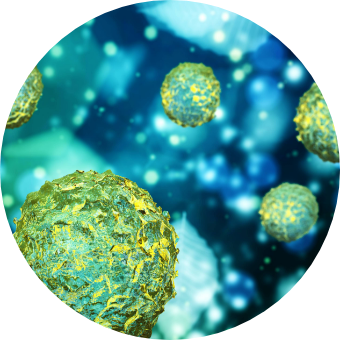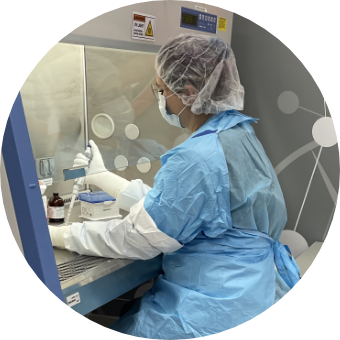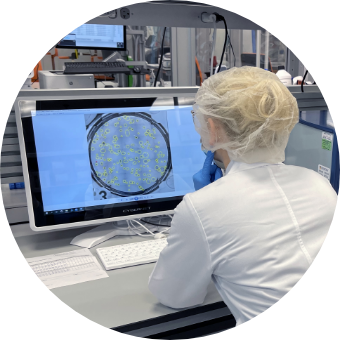In Vitro Expansion of Mobilized Peripheral Blood Stem Cells by Using Small Molecules
PROJECT BACKGROUND
The transplant of Hematopoietic Progenitor Cells (HPC) is a well-established therapy for blood cancers and other conditions. But the process involved in medical screening of volunteer donors and bringing them to a collection center makes it challenging to meet the needs of every patient within the timeframe required. Some patients do not receive a transplant quickly enough to change their outcome.
However, there is evidence that expansion of hematopoietic stem cells and progenitor cells (HSC/HPC) in ex vivo culture has the potential to be used as a method for increasing the restricted number of HSCs (F. Gullo, et al. Bioinformatics; 2015).
Expansion of HPCs through ex vivo cell culture methods can potentially enable multiple recipients to be helped by a single matching donor. Small molecules are powerful tools for expanding HSCs and dissecting the still-elusive regulatory networks that govern the self-renewal of human HSCs. They play a role in regulating stem cell fates with the advantages of easier manipulation and rapid phenotype-based high-throughput screening (Zhang et al., International Journal of Hematology; 2016).
The aim of this project is to screen a library of small molecules that play a key role in the HSC self-renewal and differentiation pathways in order to develop cocktails of cytokines and compounds that have the ability to promote the in vitro expansion of CD34+ cells while maintaining their stemness.
PROJECT IMPACT
Time to transplant is one of the most significant problems facing patients needing unrelated donors for stem cell transplants. Once a suitable donor is identified in the global registry, the average procurement time is 6-8 weeks. This is due to donor availability, collection center scheduling, the physical exam and medical clearance process, and mobilization timeline. Unfortunately, many patients never receive their transplant because their clinical condition deteriorates during this waiting period.
The expansion of HPCs through ex vivo cell culture methods could potentially enable multiple recipients to be helped by a single matching donor. This research study aims at helping more patients receive the transplants they need in the timeframe needed through the development of a BioBank of in vitro expanded HSCs. Since the products are already in long-term cryogenic storage, they can be available immediately when needed, and mitigate the impact of the lengthy procurement process.





